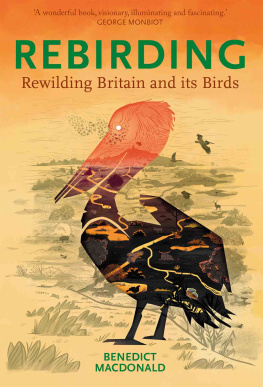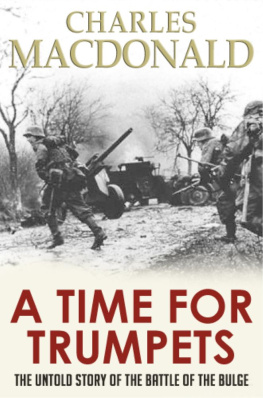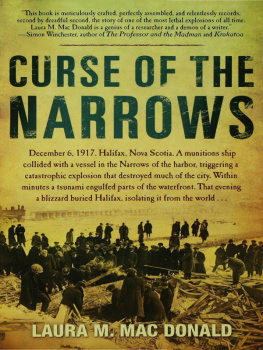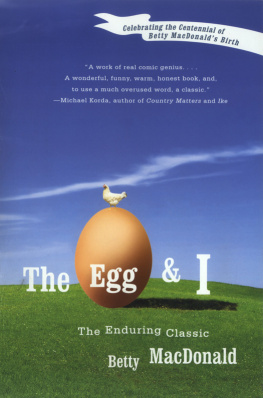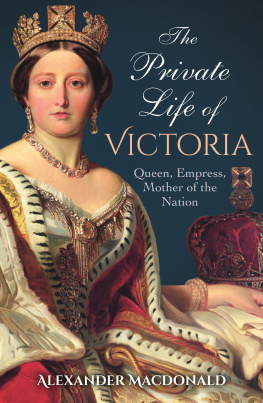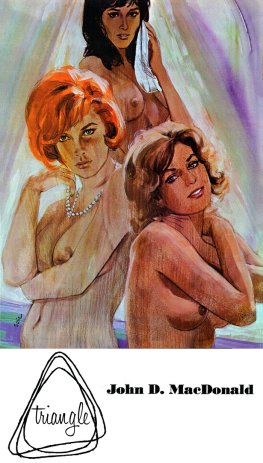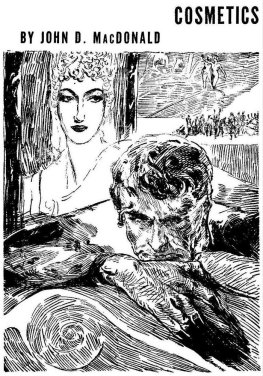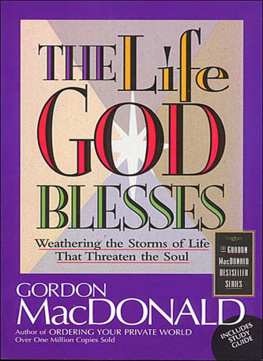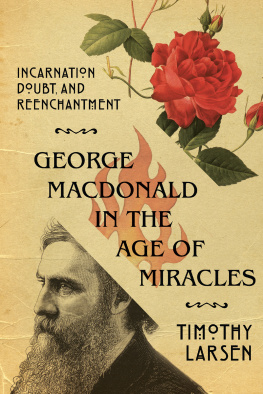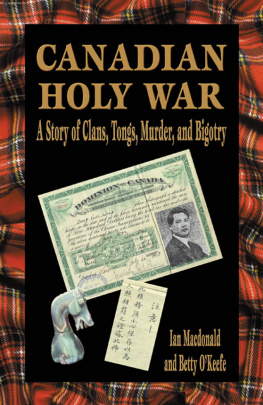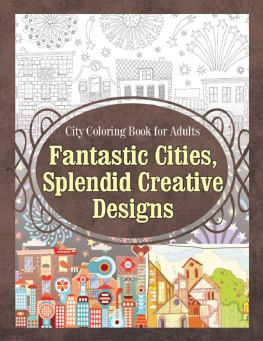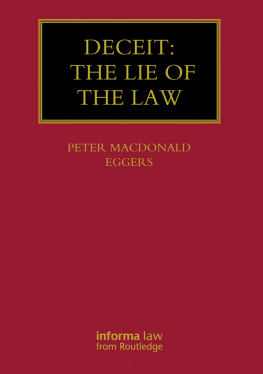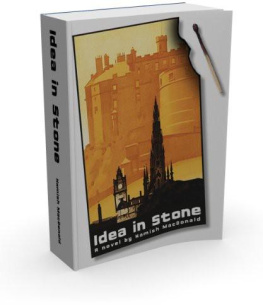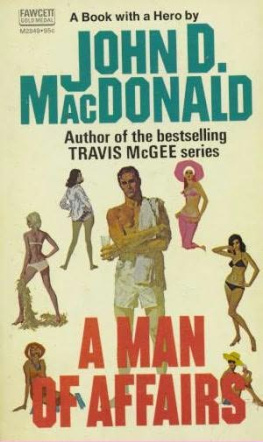THE
FANTASTIC
IMAGINATION
By
GEORGE MACDONALD
WITH AN INTRODUCTION
BY G. K. CHESTERTON
First published in 1893
Copyright 2020 Read & Co. Great Essays
This edition is published by Read & Co. Great Essays,
an imprint of Read & Co.
This book is copyright and may not be reproduced or copied in any
way without the express permission of the publisher in writing.
British Library Cataloguing-in-Publication Data
A catalogue record for this book is available
from the British Library.
Read & Co. is part of Read Books Ltd.
For more information visit
www.readandcobooks.co.uk
GEORGE MACDONALD
By Richard Watson Gilder
Ah, loving, exquisite, enraptured soul,
Who wert to me a father and a friend;
Who imaged and brought near, all humanly,
The sweetness and the majesty of him
Who in Judea melted human hearts,
And won the world by loveliness and love;
Dear spirit, who to the Infinite Purity
Past, without change, and humbly unabashed
If farewell we must say, it is that thou
So far beyond, above, we,alien so
From grace like thine,may hardly follow close
Thy shining feet in fields of endless light
When to the goal of souls reborn we pass.
Yet couldst thou not rest happy in that world
Thou saw'st with eyes anointed, near that Christ
Who was to thee a human brother and friend,
If we, thy brothers, with thee came not nigh.
If ever saint with the Eternal strove,
Then wouldst thou, wilt thou, strive and supplicate
That not one soul be lost or suffer ill,
If so may be, but win to the Infinite Love
That was the faith, strength, life of all thy days.
Our hearts are heavy; O, yet give we thanks,
As thou didst give when died one dear to thee,
Thanks that thou livedstthat we knew and loved,
Even in the flesh, one who was one with God.
A Poem from
The Poems of Richard WatsonGilder , 1908
FAIRY TALES
By G. K. Chesterton
Some solemn and superficial people (for nearly all very superficial people are solemn) have declared that the fairy-tales are immoral; they base this upon some accidental circumstances or regrettable incidents in the war between giants and boys, some cases in which the latter indulged in unsympathetic deceptions or even in practical jokes. The objection, however, is not only false, but very much the reverse of the facts. The fairy-tales are at root not only moral in the sense of being innocent, but moral in the sense of being didactic, moral in the sense of being moralising. It is all very well to talk of the freedom of fairyland, but there was precious little freedom in fairyland by the best official accounts. Mr. W. B. Yeats and other sensitive modern souls, feeling that modern life is about as black a slavery as ever oppressed mankind (they are right enough there), have especially described elfland as a place of utter ease and abandonmenta place where the soul can turn every way at will like the wind. Science denounces the idea of a capricious God; but Mr. Yeats's school suggests that in that world every one is a capricious god. Mr. Yeats himself has said a hundred times in that sad and splendid literary style which makes him the first of all poets now writing in English (I will not say of all English poets, for Irishmen are familiar with the practice of physical assault), he has, I say, called up a hundred times the picture of the terrible freedom of the fairies, who typify the ultimate ana rchy of art
"Where nobody grows old or weary or wise,
Where nobody grows old or godly or grave."
But, after all (it is a shocking thing to say), I doubt whether Mr. Yeats really knows the real philosophy of the fairies. He is not simple enough; he is not stupid enough. Though I say it who should not, in good sound human stupidity I would knock Mr. Yeats out any day. The fairies like me better than Mr. Yeats; they can take me in more. And I have my doubts whether this feeling of the free, wild spirits on the crest of hill or wave is really the central and simple spirit of folk-lore. I think the poets have made a mistake: because the world of the fairy-tales is a brighter and more varied world than ours, they have fancied it less moral; really it is brighter and more varied because it is more moral. Suppose a man could be born in a modern prison. It is impossible, of course, because nothing human can happen in a modern prison, though it could sometimes in an ancient dungeon. A modern prison is always inhuman, even when it is not inhumane. But suppose a man were born in a modern prison, and grew accustomed to the deadly silence and the disgusting indifference; and suppose he were then suddenly turned loose upon the life and laughter of Fleet Street. He would, of course, think that the literary men in Fleet Street were a free and happy race; yet how sadly, how ironically, is this the reverse of the case! And so again these toiling serfs in Fleet Street, when they catch a glimpse of the fairies, think the fairies are utterly free. But fairies are like journalists in this and many other respects. Fairies and journalists have an apparent gaiety and a delusive beauty. Fairies and journalists seem to be lovely and lawless; they seem to be both of them too exquisite to descend to the ugliness of everyday duty. But it is an illusion created by the sudden sweetness of their presence. Journalists live under law; and so in fact doe s fairyland.
If you really read the fairy-tales, you will observe that one idea runs from one end of them to the otherthe idea that peace and happiness can only exist on some condition. This idea, which is the core of ethics, is the core of the nursery-tales. The whole happiness of fairyland hangs upon a thread, upon one thread. Cinderella may have a dress woven on supernatural looms and blazing with unearthly brilliance; but she must be back when the clock strikes twelve. The king may invite fairies to the christening, but he must invite all the fairies or frightful results will follow. Bluebeard's wife may open all doors but one. A promise is broken to a cat, and the whole world goes wrong. A promise is broken to a yellow dwarf, and the whole world goes wrong. A girl may be the bride of the God of Love himself if she never tries to see him; she sees him, and he vanishes away. A girl is given a box on condition she does not open it; she opens it, and all the evils of this world rush out at her. A man and woman are put in a garden on condition that they do not eat one fruit: they eat it, and lose their joy in all the fruits o f the earth.
This great idea, then, is the backbone of all folk-lorethe idea that all happiness hangs on one thin veto; all positive joy depends on one negative. Now, it is obvious that there are many philosophical and religious ideas akin to or symbolised by this; but it is not with them I wish to deal here. It is surely obvious that all ethics ought to be taught to this fairy-tale tune; that, if one does the thing forbidden, one imperils all the things provided. A man who breaks his promise to his wife ought to be reminded that, even if she is a cat, the case of the fairy-cat shows that such conduct may be incautious. A burglar just about to open some one else's safe should be playfully reminded that he is in the perilous posture of the beautiful Pandora: he is about to lift the forbidden lid and loosen evils unknown. The boy eating some one's apples in some one's apple tree should be a reminder that he has come to a mystical moment of his life, when one apple may rob him of all others. This is the profound morality of fairy-tales; which, so far from being lawless, go to the root of all law. Instead of finding (like common books of ethics) a rationalistic basis for each Commandment, they find the great mystical basis for all Commandments. We are in this fairyland on sufferance; it is not for us to quarrel with the conditions under which we enjoy this wild vision of the world. The vetoes are indeed extraordinary, but then so are the concessions. The idea of property, the idea of some one else's apples, is a rum idea; but then the idea of there being any apples is a rum idea. It is strange and weird that I cannot with safety drink ten bottles of champagne; but then the champagne itself is strange and weird, if you come to that. If I have drunk of the fairies' drink it is but just I should drink by the fairies' rules. We may not see the direct logical connection between three beautiful silver spoons and a large ugly policeman; but then who in fairy tales ever could see the direct logical connection between three bears and a giant, or between a rose and a roaring beast? Not only can these fairy-tales be enjoyed because they are moral, but morality can be enjoyed because it puts us in fairyland, in a world at once of wonder and of war.





